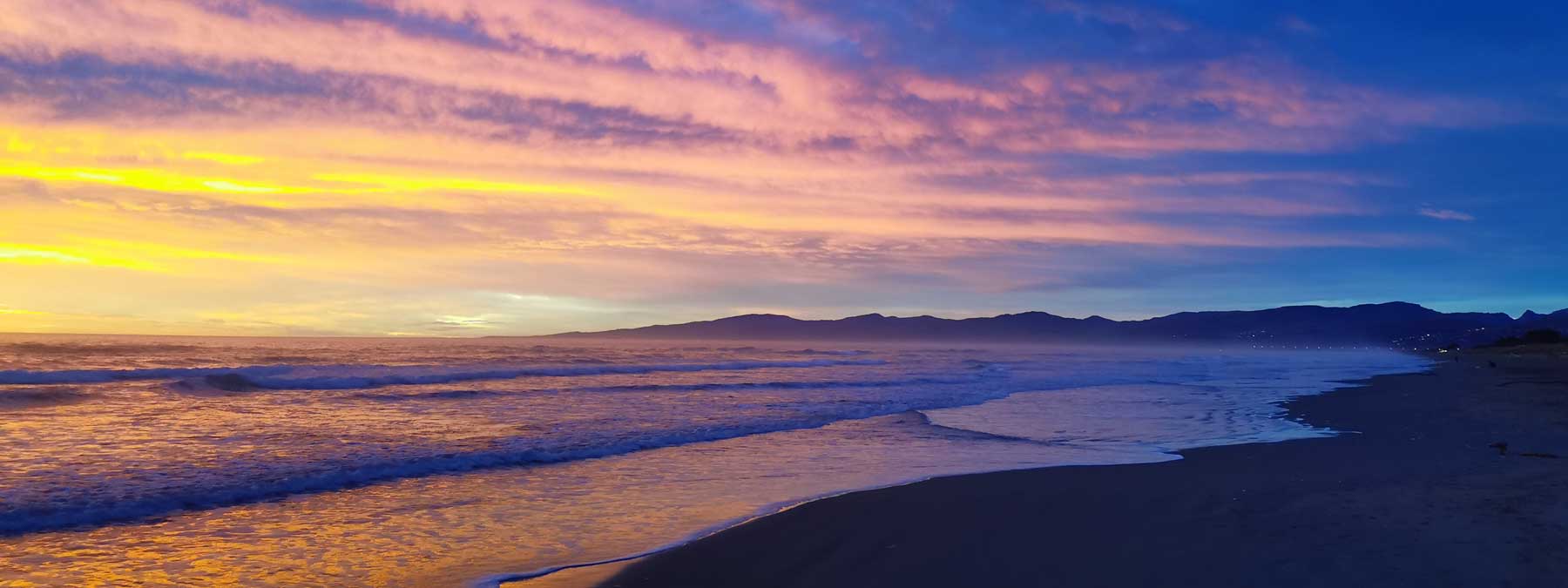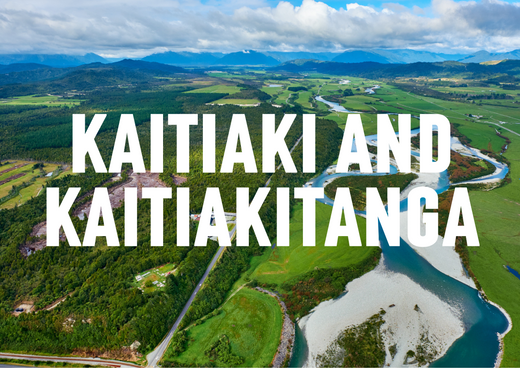
Kaitiaki and Kaitiakitanga
Kia ora,
The kupu | words 'kaitiaki' and 'kaitiakitanga' may be familiar to you. We often see these words used in contexts such as taking care of our environment or in job titles - there has certai...
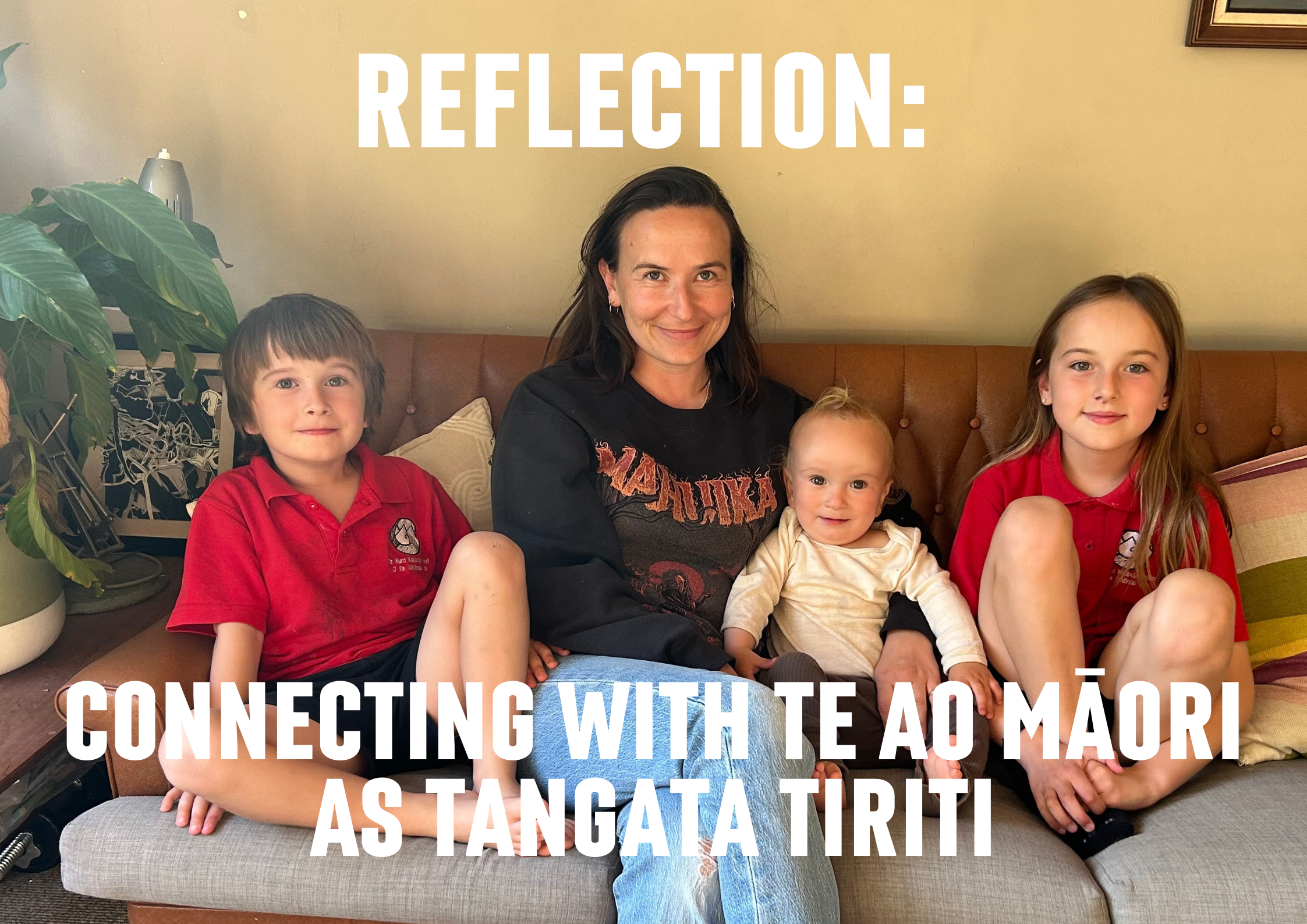
Reflection: Connecting with te ao Māori as Tangata Tiriti
Our hoa Vicci has shared some reflections and whakaaro about her journey to connect with te ao Māori as a Tangata Tiriti.
Whuuu! It’s been a year, and as things ramp up and ‘slow down’ simultaneous...
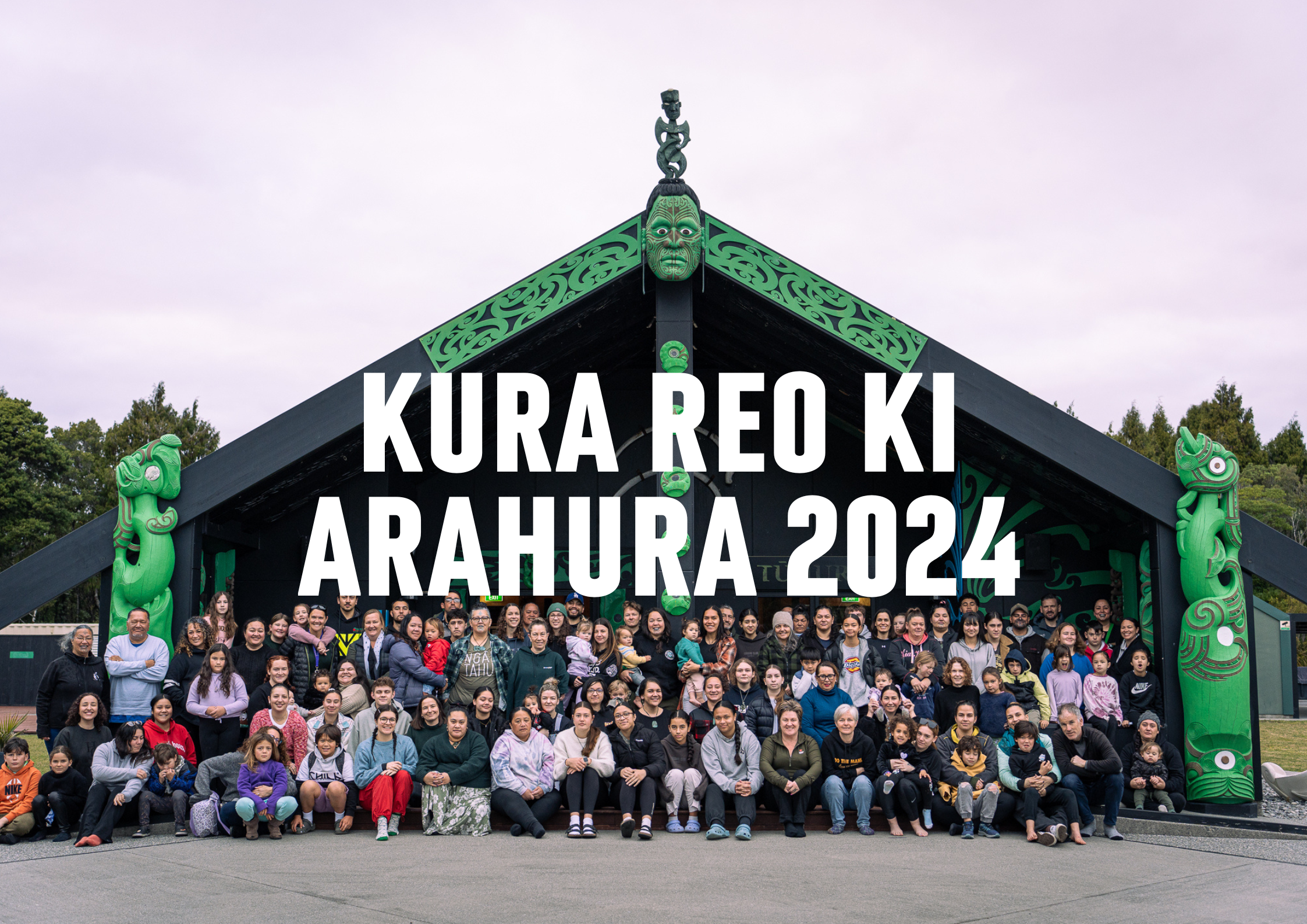
Kura Reo ki Arahura 2024
Reo Māori Mai supported the running of Kura Reo ki Arahura from the 7th-10th of July. It was an amazing time, with over 100 whānau members from across 4 generations coming together to learn te reo ...
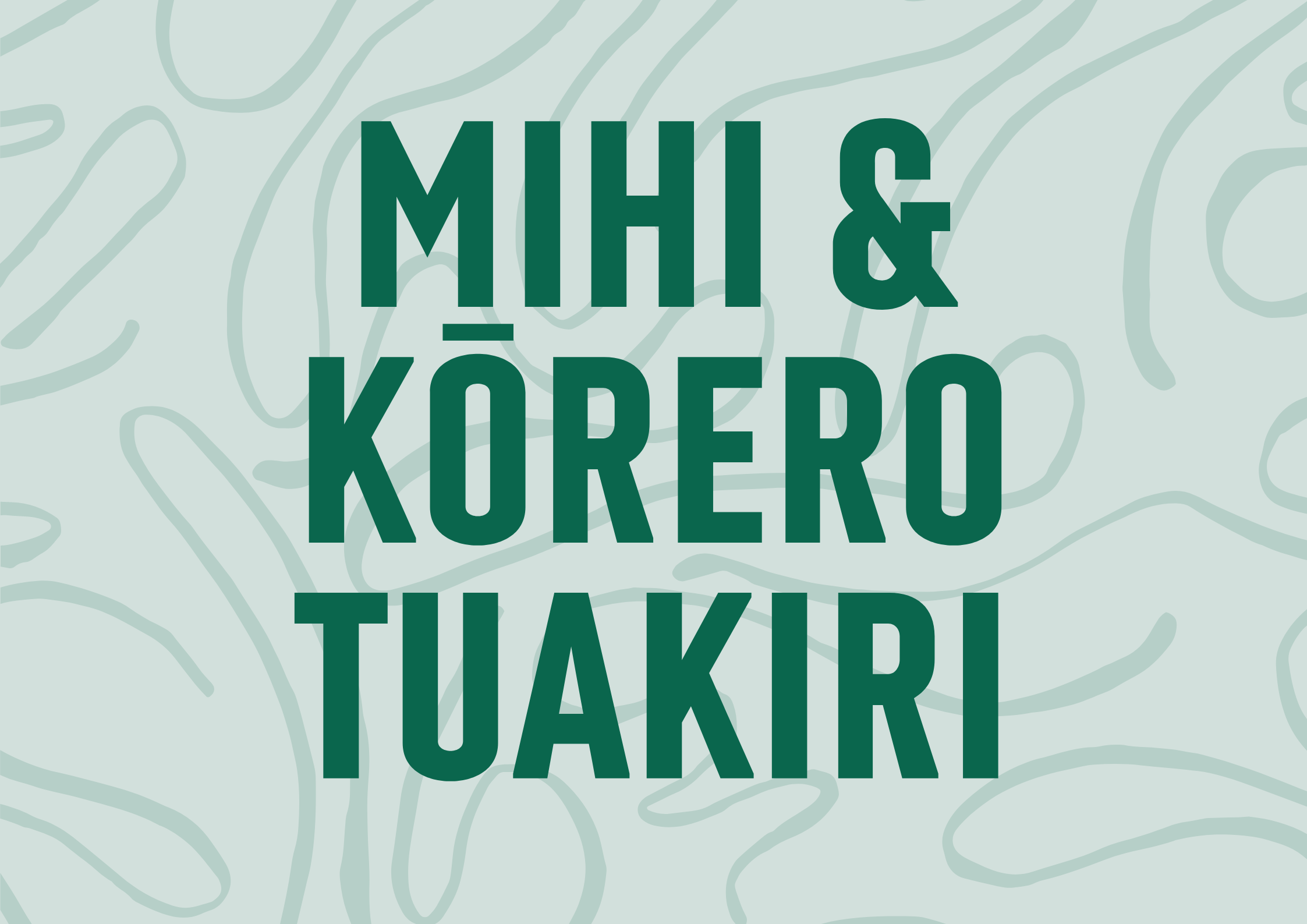
Mihi & Kōrero Tuakiri
Tēnā koutou!
The kōrero we're sharing here has been informed through engaging with different pūkenga reo and pūkenga tikanga (experts in language and tikanga), and from observations over the year...
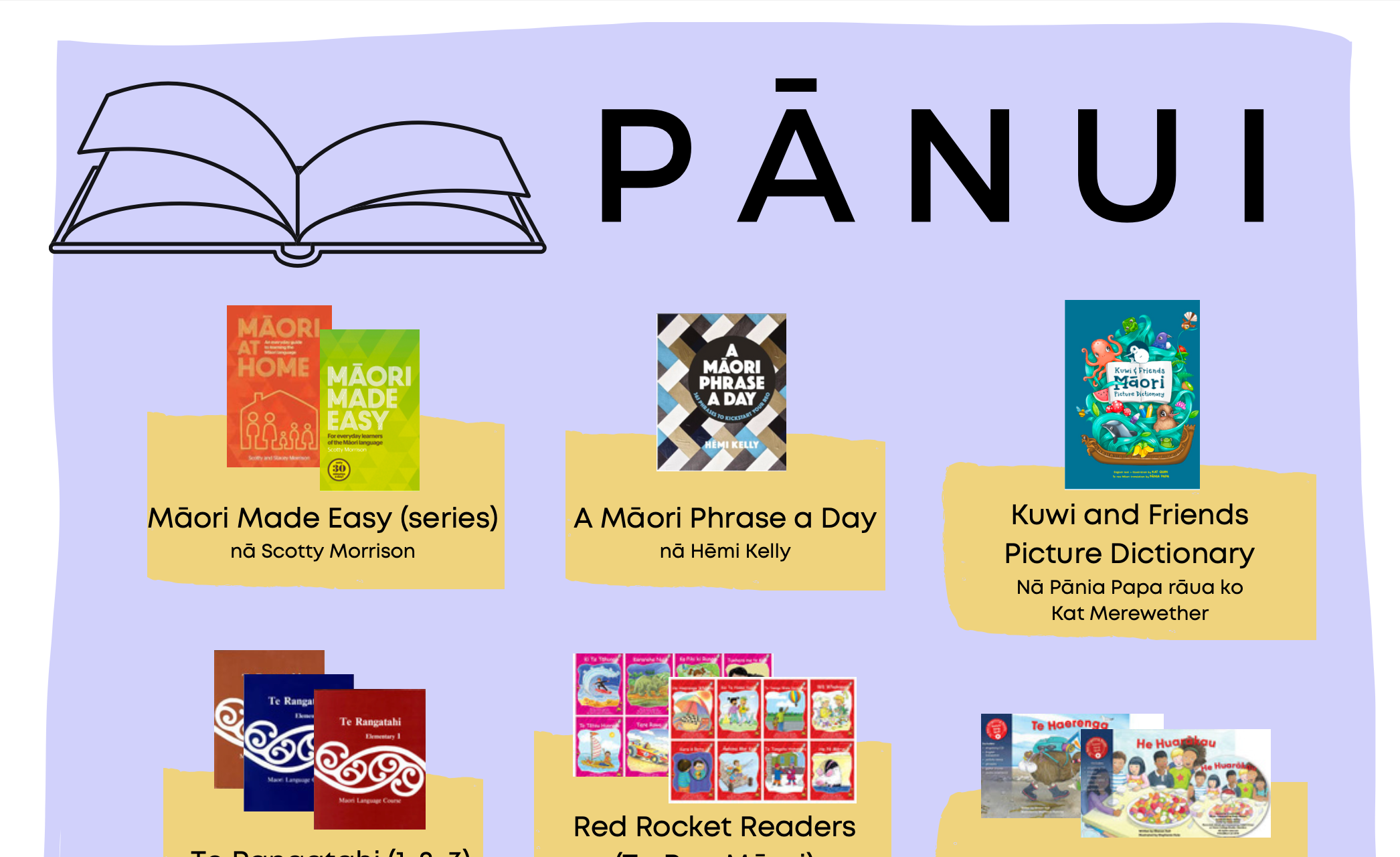
More resources for reo Māori input
Kia ora,
When learning any language, both input (consuming, watching, listening, reading) and output (using, speaking, writing) are really important - you can read more about this in our blog post ...
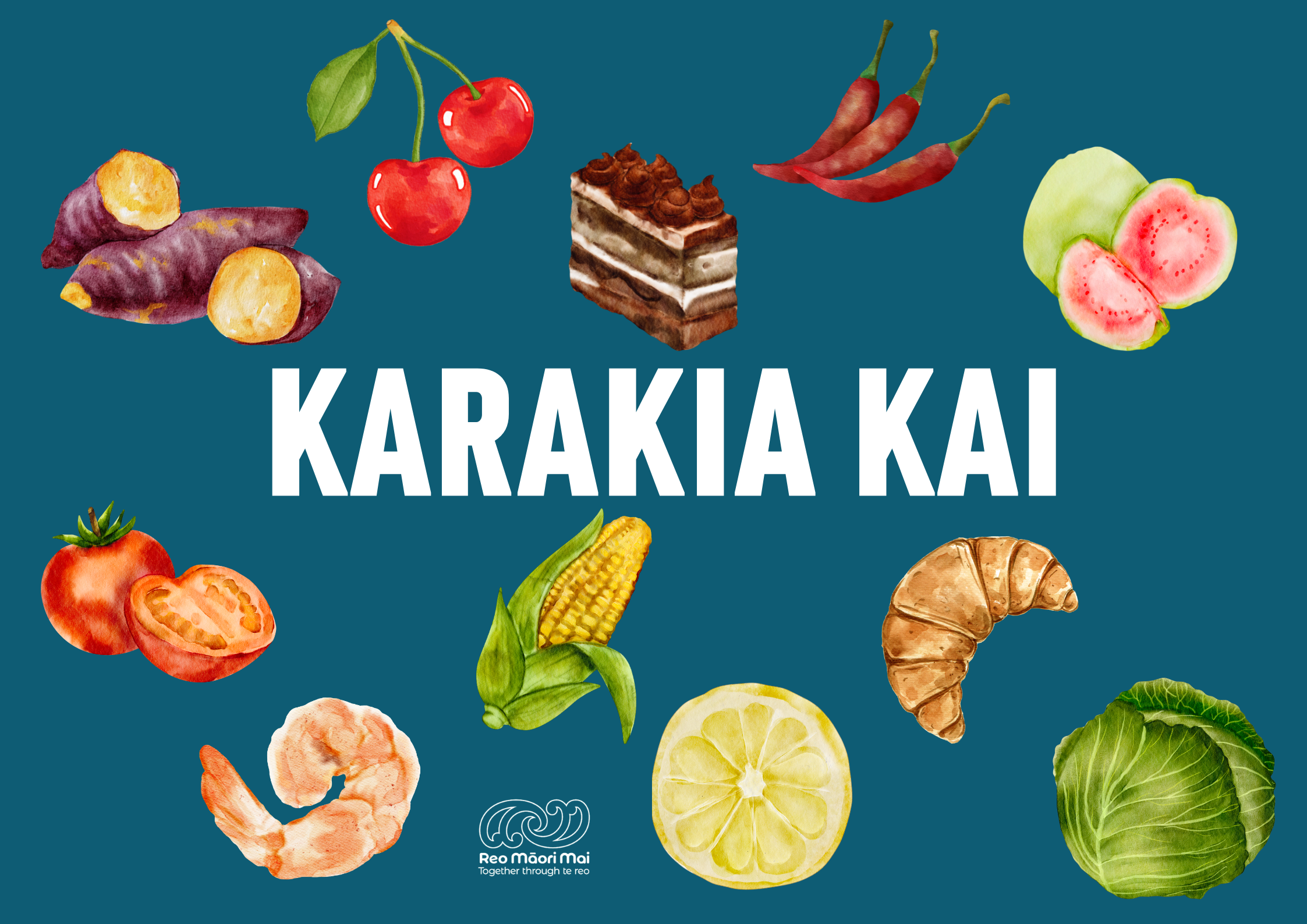
Karakia Kai
There are many different types of karakia for different contexts - one type which is often heard today is karakia kai. Māori did not traditionally say karakia before eating kai.
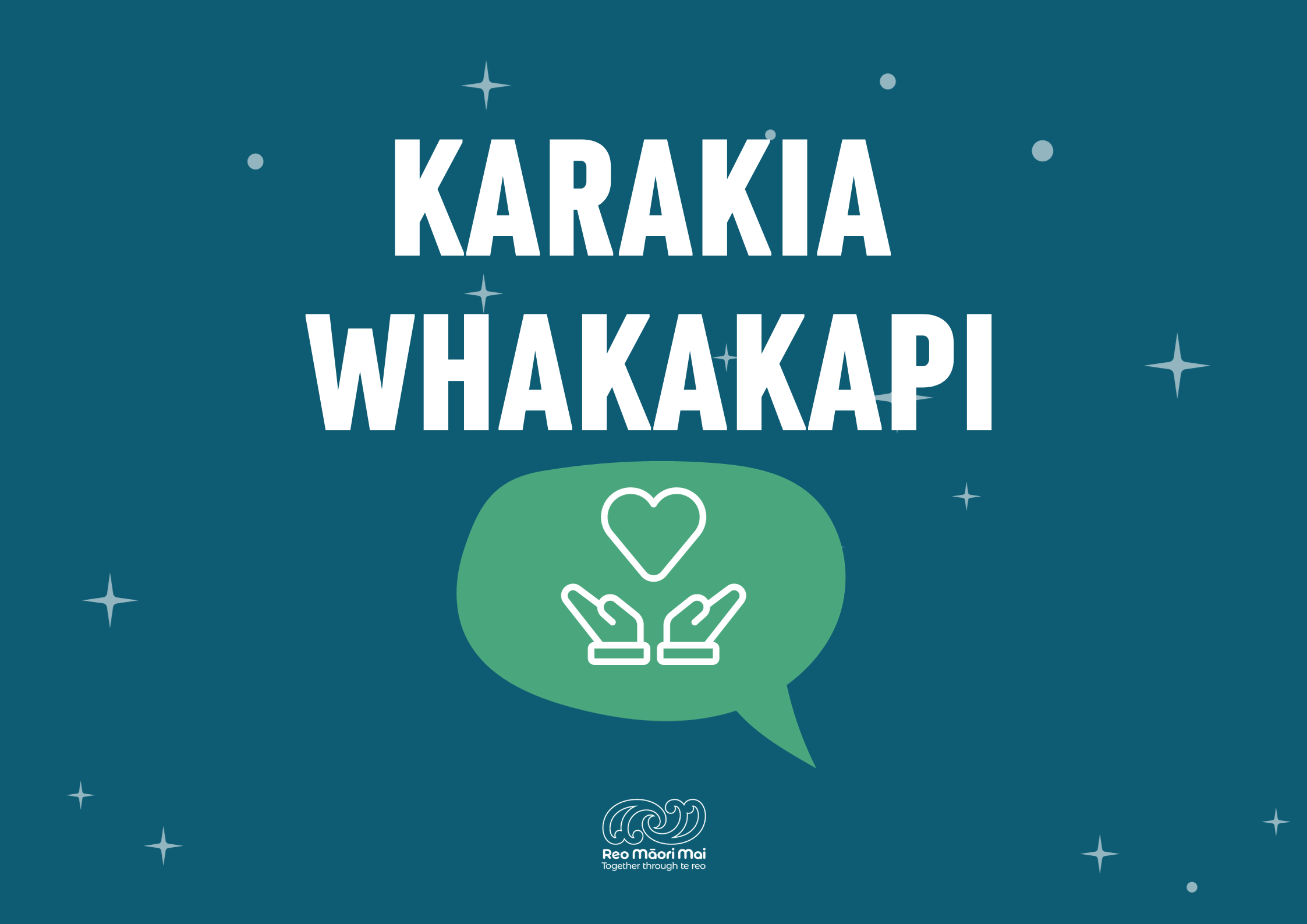
Karakia Whakakapi
The purpose of karakia whakakapi (also referred to as karakia whakamutunga) are to close or finish something - for example; a lesson, a meeting, a wānanga, or the day.
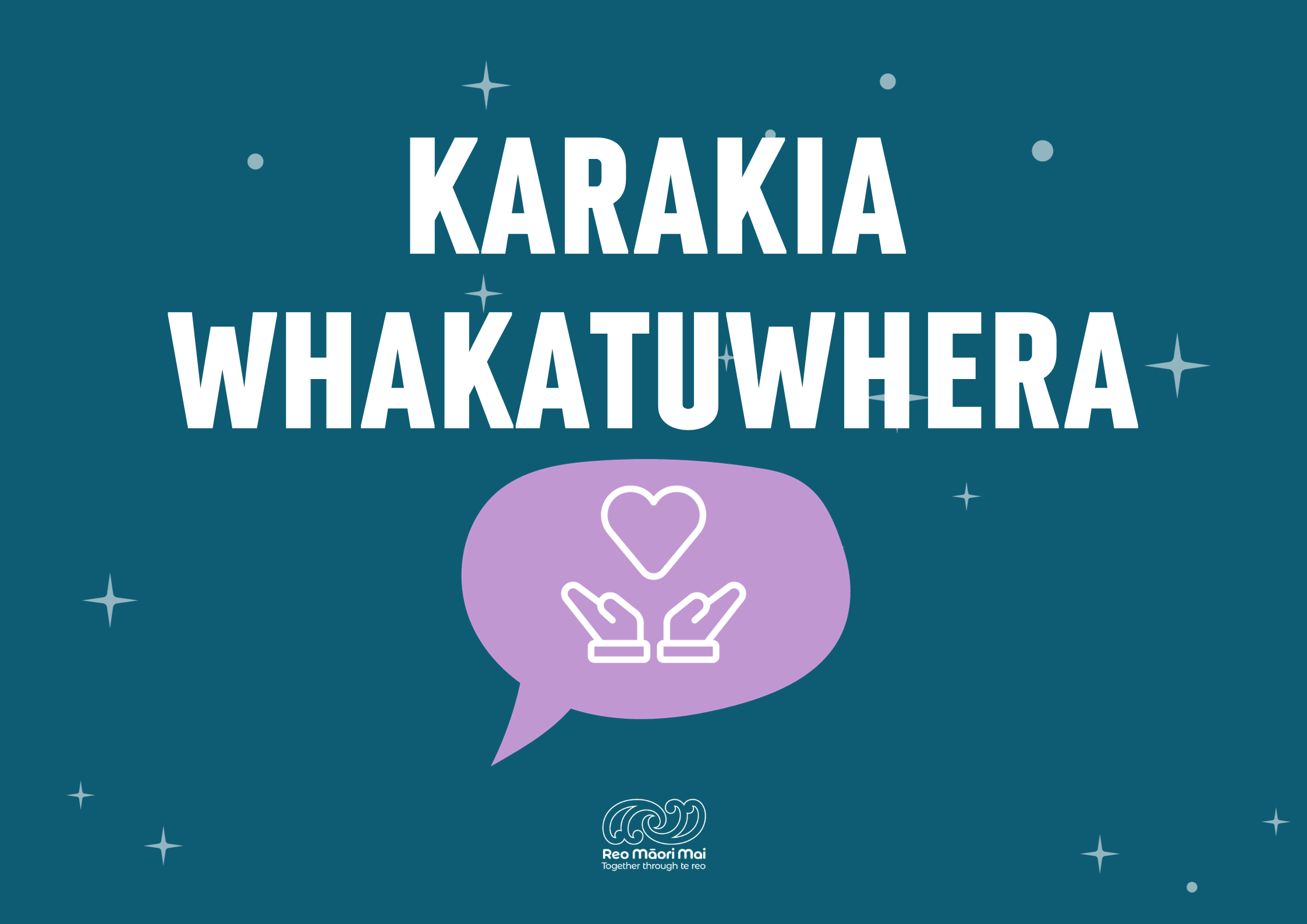
Karakia Whakatuwhera
The purpose of karakia whakatuwhera (also referred to as karakia tīmatanga) is to open or start something - for example; a lesson, a meeting, a wānanga, or the day.
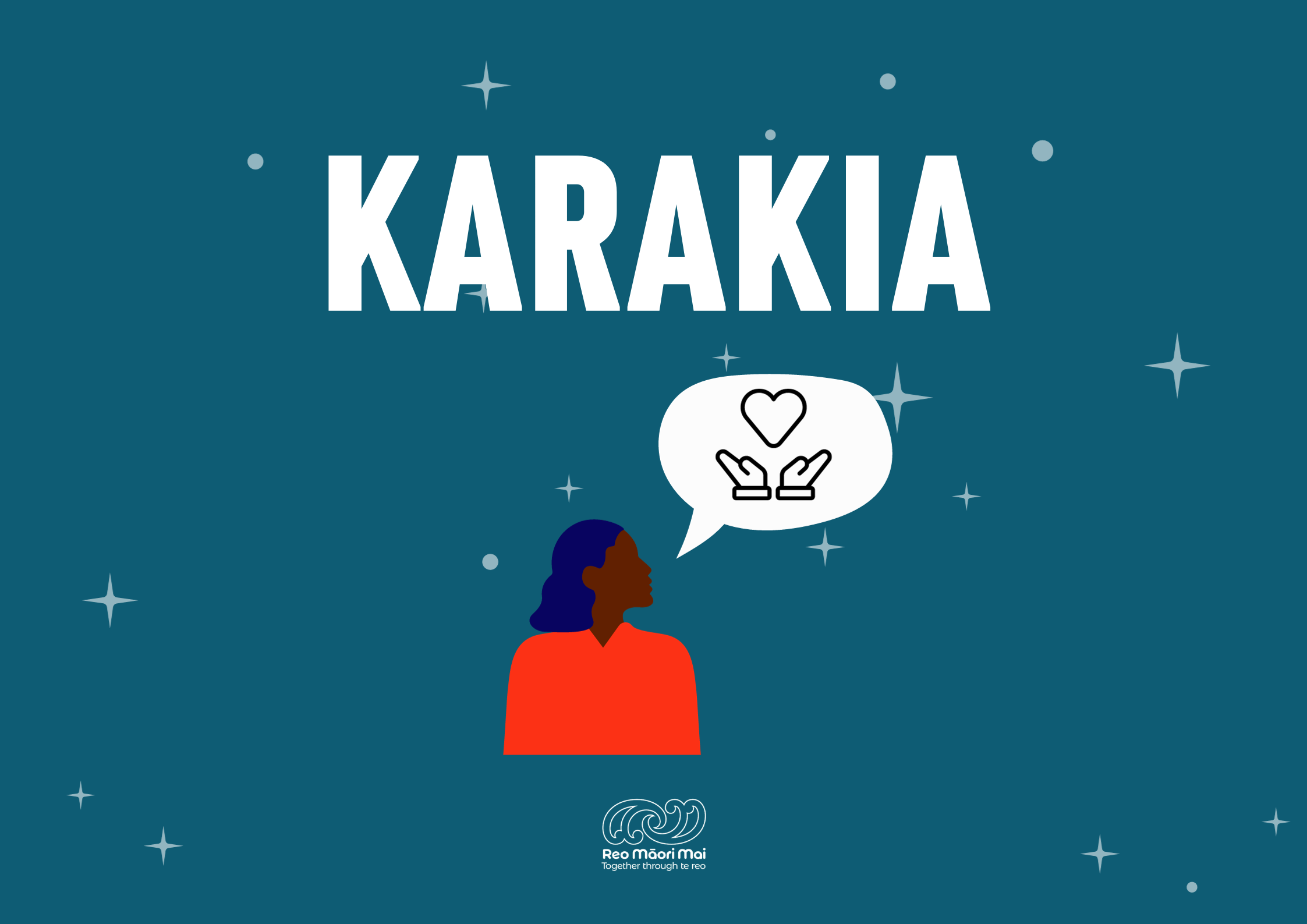
Karakia
It is difficult, as with many other Māori concepts and kupu (words), to adequately translate ‘karakia’ into English. As in the definition above, ‘chant’ may be the most objective translation. Karak...

